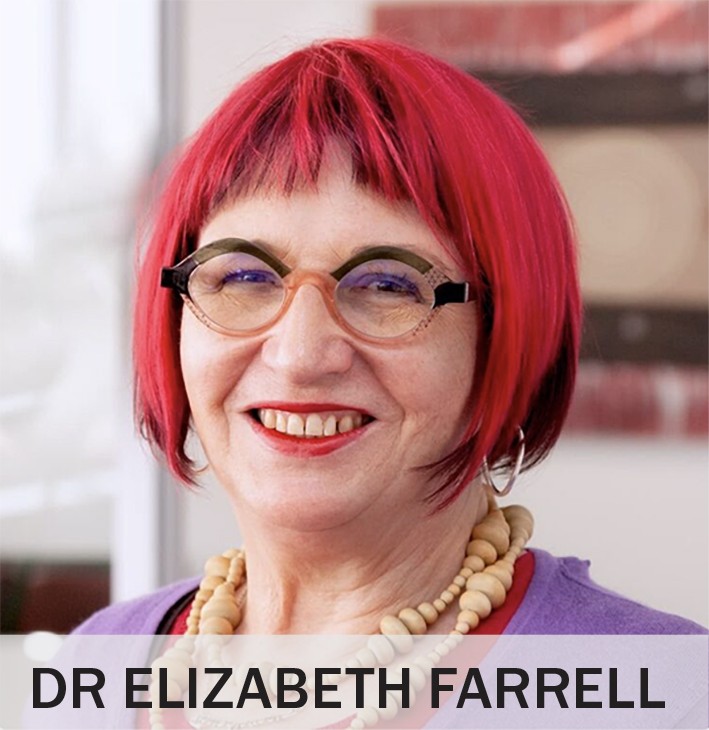Foreword from the collection Editor
Menopause, a woman’s final menstrual period, is the marker of the beginning of the second half of her adult life. It is very important for women to be as healthy and active as possible to live into old age.
Most women reach menopause between the expected ages of 48 to 53 years; however, for some women, menopause may be unexpected (premature or early menopause) or a consequence of cancer treatment or surgery with removal of the ovaries.
Menopause symptoms occur in about 75% of women, with 20% enduring symptoms that reduce their quality of life and ability to function normally. For many women, symptoms may start in the perimenopause, a time of vulnerability, with mood symptoms, including depression and tiredness; reduced coping capacity; menstrual problems; and coinciding with family and life stresses. In most women, vasomotor symptoms settle with time but the genitourinary symptoms may continue lifelong.
Menopausal hormone therapy (MHT) is the mainstay of menopause symptom treatment and is prescribed for as long as needed, with regular monitoring of duration and dosage. Nonhormonal therapies are available for women with contraindications to MHT.
This Menopausal health collection brings together all these aspects of management of the woman around menopause, to enable her to be fit, healthy and functioning at her desired capacity.

